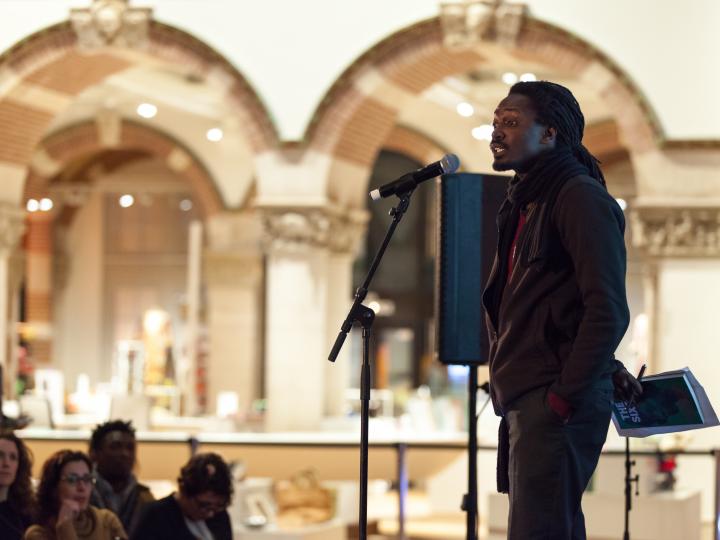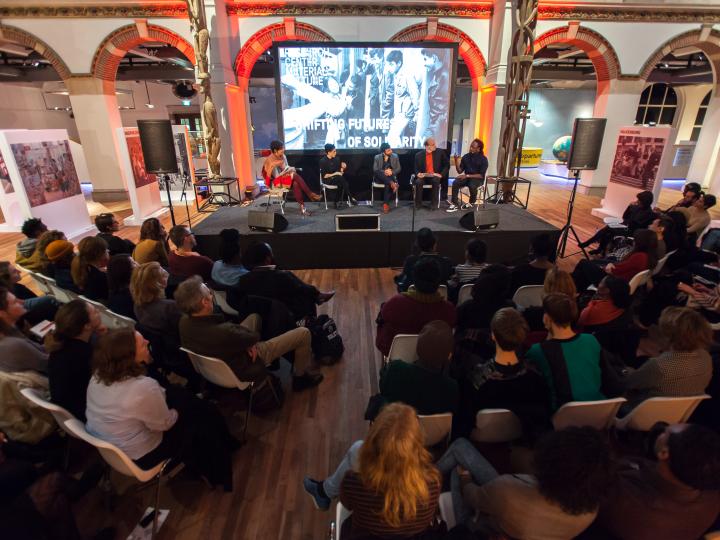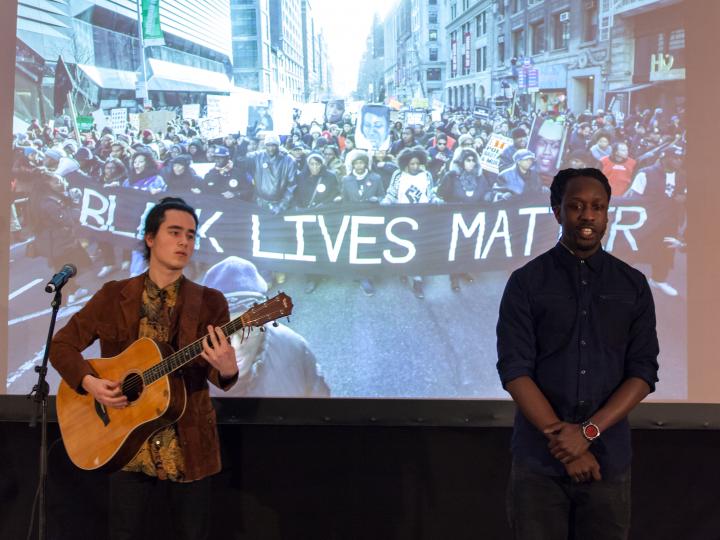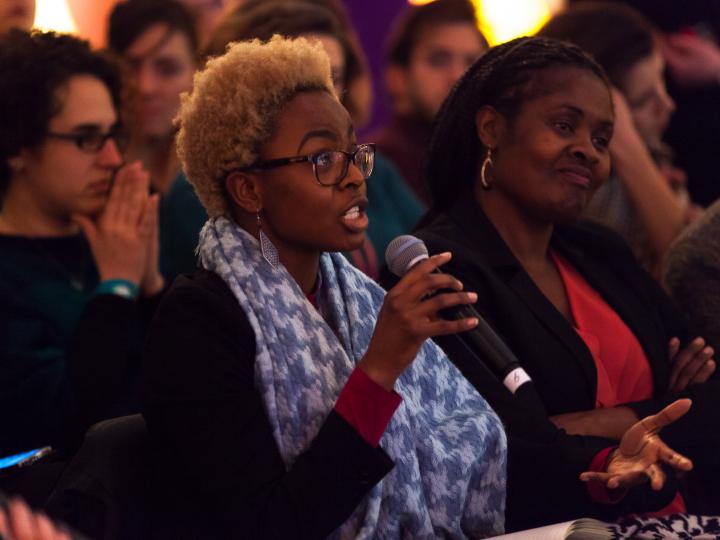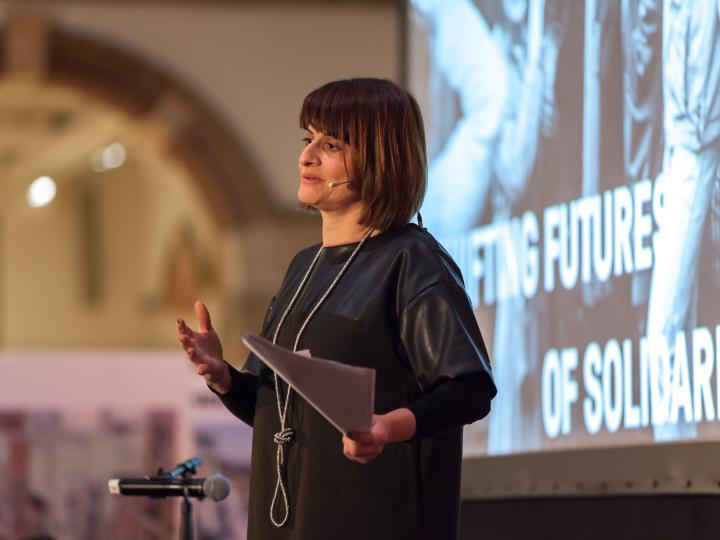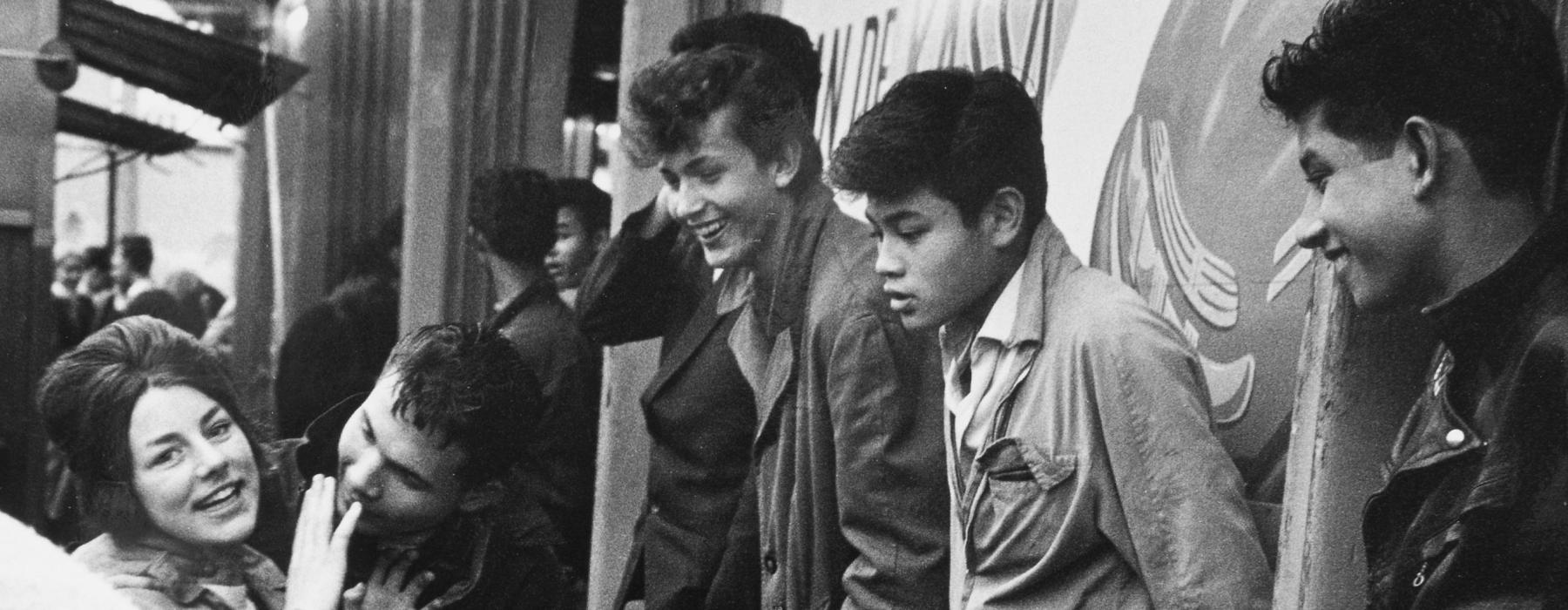
(All) Black Lives Matter, Bread, Freedom and Social Justice, Occupy, Je suis Charlie. These recent slogans of global solidarity stream across our social media pages, demanding our attention, our inclusion, our action. But how has the increased visibility and mediatization of such slogans affected both the practices of, and the ways in which we experience, solidarity in the present?
The 20th century has seen the emergence of numerous solidarity movements that arose in the face of colonial domination and various forms of inequality. Since the 1960s, these solidary practices were shaped by among other factors anti-colonial and post-colonial struggles, or by questions surrounding racial, gendered and sexual identities and belonging, and around ideas of equality and redistribution. However, in the age of increased global mobility and connectivity, border politics and, anti-migration sentiments are affecting ways solidarity is negotiated in regard to humanitarian crises and social issues across the Western world.
In the conversations we hope to stimulate thought-provoking explorations on questions such as:
- How do protest movement sustain, evolve and strategize through social media where privacy and solidarity are no longer guaranteed?
- What futures do these global and mediatized solidary practices sketch for new form of racial, gendered or sexual belonging?
- Do facebook and hashtag politics do enough to shift futures of solidarity?

